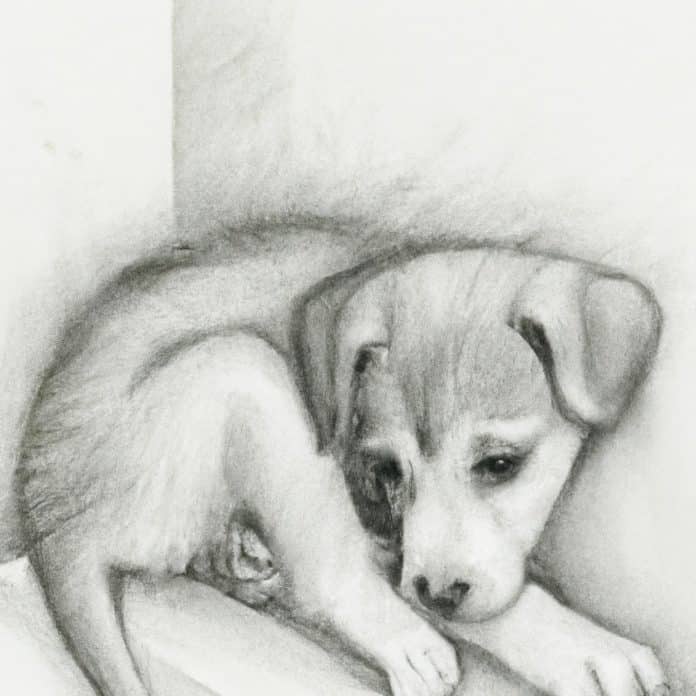Dear VetBabble,
I have a question regarding my puppy. He hasn’t been eating or drinking any liquid for the past 20 hours. Yesterday, he tried to throw up something but only saliva came out. He’s been lying down all day, isolating himself from people as well. What can be the cause of this and how can I help him?
Understanding the Causes of Lethargy and Lack of Appetite
It sounds like your puppy isn’t feeling well, and we understand your concern. There are many potential causes for the symptoms you described, such as dietary intolerance, dietary indiscretion, food allergy, intestinal parasites, GI blockage, gastroenteritis, bacterial or viral infections (like parvo virus), among others. To better comprehend the causes of lethargy, read our article, Is My Puppy Tired or Lethargic?
Recognizing Symptoms of Illness and When to Seek Veterinary Care
Since it has been going on for nearly 24 hours, we recommend that your puppy see a veterinarian as soon as possible. Puppies can get dehydrated very quickly, which can lead to more severe health issues. To learn about potential concerns related to vomiting, consult our article, Vomiting in Dogs: Causes, Treatment & When to Worry. Meanwhile, if you’re trying to understand why your dog won’t eat, refer to our article on Why Won’t My Dog Eat?. If your dog also experiences diarrhea, it’s essential to determine why and learn how to address it in our article, Why Does My Dog Have Diarrhea?.
Temporary Solutions and Preparing for the Veterinary Visit
If the lethargy is caused by hypoglycemia, you can rub honey on your puppy’s gums while providing proper treatment. In the meantime, make sure to provide your puppy with appropriate care as you await your vet appointment. Keep him comfortable, warm, and monitor his behavior closely. If you notice any sudden changes, don’t hesitate to contact your veterinarian for advice.
Before visiting your veterinarian, make a list of the observable symptoms and their duration, along with any potential triggers or recent changes in your puppy’s environment. This information will help your vet conduct a thorough assessment and recommend the appropriate treatment for your puppy.
In conclusion, it’s important to pay attention to your dog’s behavior and closely monitor the symptoms. When in doubt, never hesitate to consult with your veterinarian, as early intervention is crucial for your dog’s well-being. We hope your puppy feels better soon!









